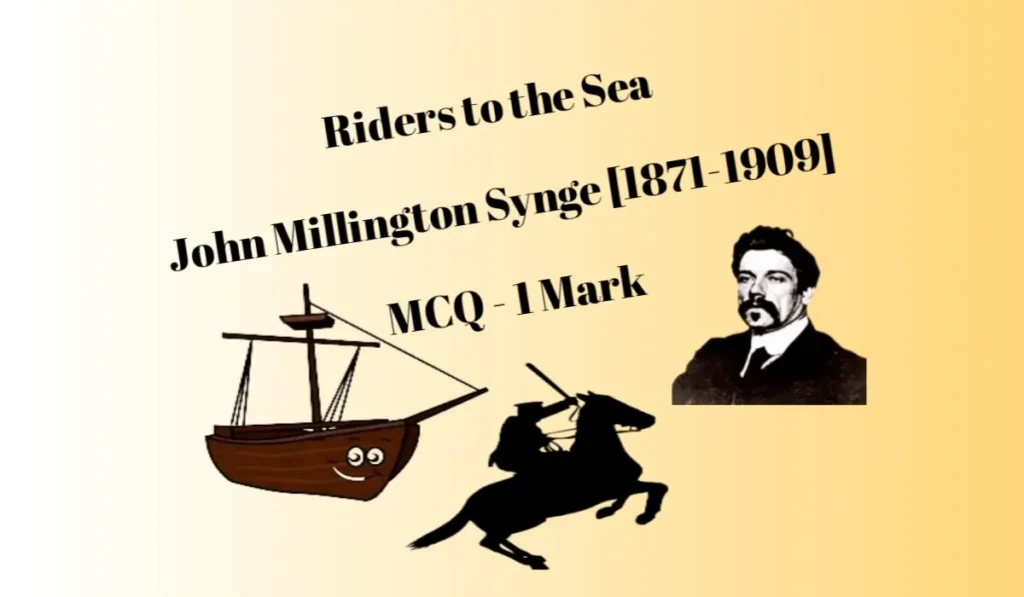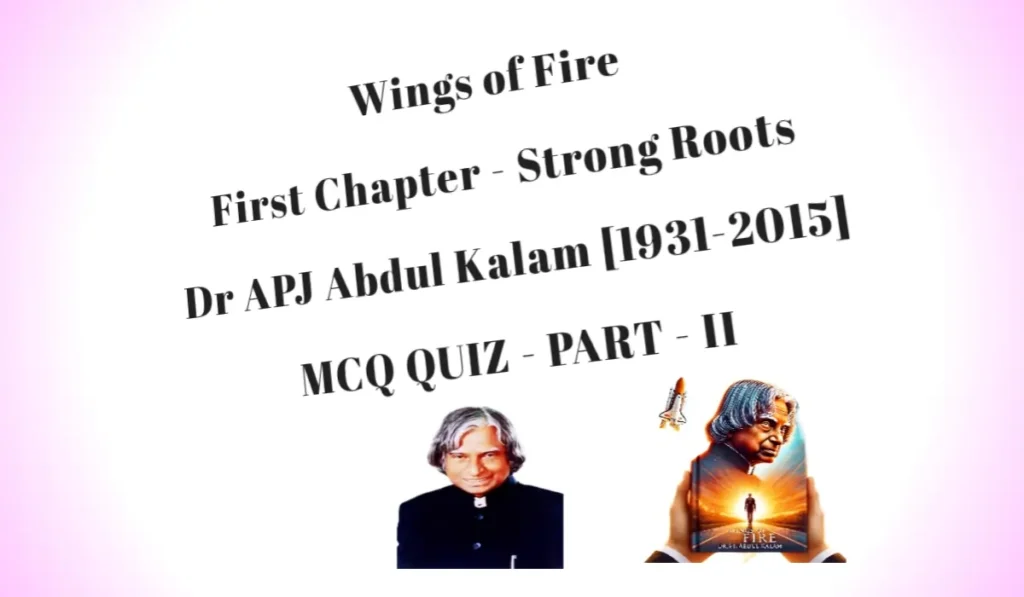Question : Essay-type
How would you distinguish between Wordsworth and Coleridge as romantic poets?
Introduction
The names of Wordsworth and Coleridge are intimately associated in the history of the Romantic Movement. In the plan of ‘Lyrical Ballads’ each had a part to play. As Coleridge has put it in his ‘Biographia Literaria’, “It was agreed that my endeavours should be directed to persons and characters super-natural or at least romantic.” Mr. Wordsworth, on the other hand, was to propose to himself as his object to give the charms of novelty to things of everyday, and to excite a feeling analogous to the supernatural. In plain language, Wordsworth sought to surround common life with the halo of abnormality, while Coleridge sought to present abnormal things in a manner that made them seem normal.
Poetry Of Wordsworth And Coleridge
In the preface to the second edition of ‘Lyrical Ballads’ Wordsworth set out his theory of poetry. Regarding subject, Wordsworth declares his preference for ‘incidents and situations from common life’. Over these incidents Wordsworth proposes to throw a certain colouring of the imagination whereby ordinary things should be presented to the mind in an unusual aspect. His love of Nature is transferred to the shepherds and ordinary men and women. On the other hand, Coleridge’s poetry exploits the weird, the supernatural and obscure. Yet such is the power of his imagination that it can produce what Coleridge calls ‘willing suspension of disbelief.’
Influence Of Wordsworth On Coleridge
Undoubtedly Coleridge was influenced by his friend, Wordsworth. Wordsworth’s power of idealizing, the common place had impressed him. But his nature poetry is marked by a subtlety and delicacy, rarely found in Wordsworth. Wordsworth had shown the wonder of ordinary sights and sounds. It remained for Coleridge to exhibit their mystery. In the beginning, Coleridge believed with Wordsworth that nature leads one ‘from joy to joy.’ Later he became more realistic to realise that joy came from within not from external. Coleridge did not find the same healing power in nature as Wordsworth did. In ‘Ode to Dejection’, he says, “We received but what we give.”
Political Feelings On Wordsworth And Coleridge
Coleridge went through the same vicissitudes of political feelings as Wordsworth. The impact of French Revolution on Coleridge was of the same pattern as in the case of Wordsworth–Youthful exuberance at the rising of the masses ending in despair and disillusionment with the Reign of Terror. But after this disillusionment –Wordsworth and Coleridge followed different paths. Whereas Wordsworth found consolation in nature, Coleridge turned to metaphysics.
Difference In Nature Of Imagination
Wordsworth and Coleridge differed in the nature of their imagination. Wordsworth’s was more penetrating, Coleridge’s more dream-like. Wordsworth transfigured the little domain he lived in, but hardly found poetry where he had not set his eye. Coleridge was more himself when he abandoned himself to dreams– like ‘Kubla Khan.’
Conclusion : View Of Poetic Diction
Finally, we should refer to the view of Wordsworth and Coleridge on poetic diction. According to Coleridge, Wordsworth was fully justified in criticism of the artificiality of a poetic diction, but he disagrees with Wordsworth’s view that the language of poetry should be ‘the language of natural conversation of men and under the influence of natural feeling.’ Coleridge says, “I write in metre because I am about to use a language different from that of prose.”








